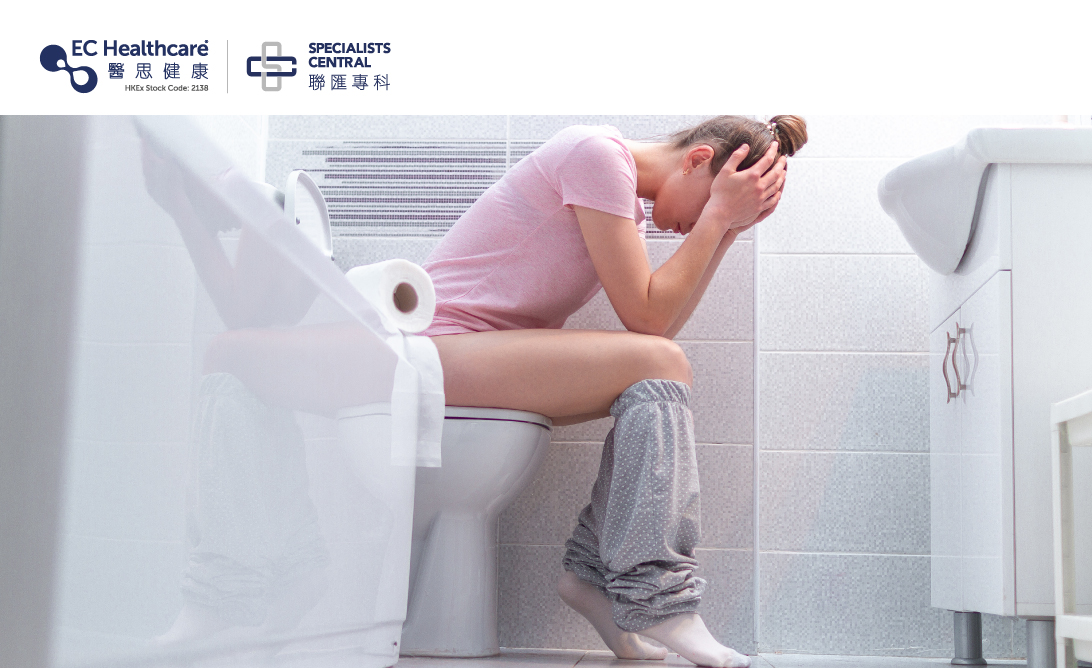Beware of Painful Urination with Blood and Frequent Urination! Unraveling 8 High-Risk Causes and Prevention Methods for Urinary Tract Infections


While urinary tract infections are familiar to many women, have you heard of urinary tract infections? Both men and women can be susceptible to urinary tract infections, including urethritis, prostatitis (in men), cystitis, and pyelonephritis. These infections are typically caused by bacterial infections, leading to symptoms such as fever, lower back pain, lower abdominal pain, painful and burning urination, frequent urination, and the presence of blood.

Are Women More Prone to Urinary Tract Infections?
Research suggests that women under 50 have a 30 times higher likelihood of experiencing urinary tract infections compared to men. Approximately 1 in every 3 to 4 women has been troubled by a urinary tract infection. This is due to physiological differences between genders. Men naturally have longer urethras, measuring about 15 cm, while women have shorter ones, measuring only about 5 cm. Additionally, the proximity of the vagina and anus makes it easier for bacteria to enter the urethral opening and ascend to the urinary tract, including the bladder and kidneys. In addition to physiological factors, the following 8 high-risk causes can lead to urinary tract infections:
.Menopause in Women: The rapid decline in estrogen levels during menopause reduces the resistance of the urethra.
. Pregnancy: The expansion of the uterus puts pressure on the bladder, making it difficult to completely empty the urine.
. Kidney or Urinary Tract Stones: The presence of stones can affect the flow of urine.
. Low Fluid Intake or Frequent Urinary Retention: Decreased urine output can impact the bladder's normal voiding function.
. Incorrect Post-Toilet Hygiene: Wiping from back to front can introduce bacteria to the urethral opening.
. Cleanse with Washlets: Washlet nozzles and tap water may harbor bacteria, which can be propelled into the urethra when in use.
. Frequent and Prolonged Sexual Intercourse: Contact with the genital area can easily transfer external bacteria to the urethra.
. Poor Hygiene Before and After Sexual Intercourse: Inadequate cleaning or failure to empty the bladder before and after intercourse can lead to bacterial accumulation.
Preventing Urinary Tract Infections
Urinary tract infections have a high recurrence rate, but with increased awareness and lifestyle improvements, we can prevent them in our daily lives.
.Consume an adequate amount of water
.Avoid holding in urine
.Empty the bladder completely
.Avoid excessive fatigue and late nights
.Regularly change underwear
.Avoid wearing tight or non-breathable underwear and pants
.Include sufficient intake of vitamin C, probiotics, or fresh cranberries
.After using the toilet, wipe from front to back
.Maintain hygiene before and after sexual intercourse
.Empty the bladder after engaging in sexual activity
If you are troubled by urinary tract infections or experience three or more recurrences within a year, it is advisable to seek proper medical treatment from a doctor promptly.
Related Brands







